Early Childhood

Our Early Childhood Center provides concrete learning experiences in literacy, numeracy, creativity, and social and physical development.
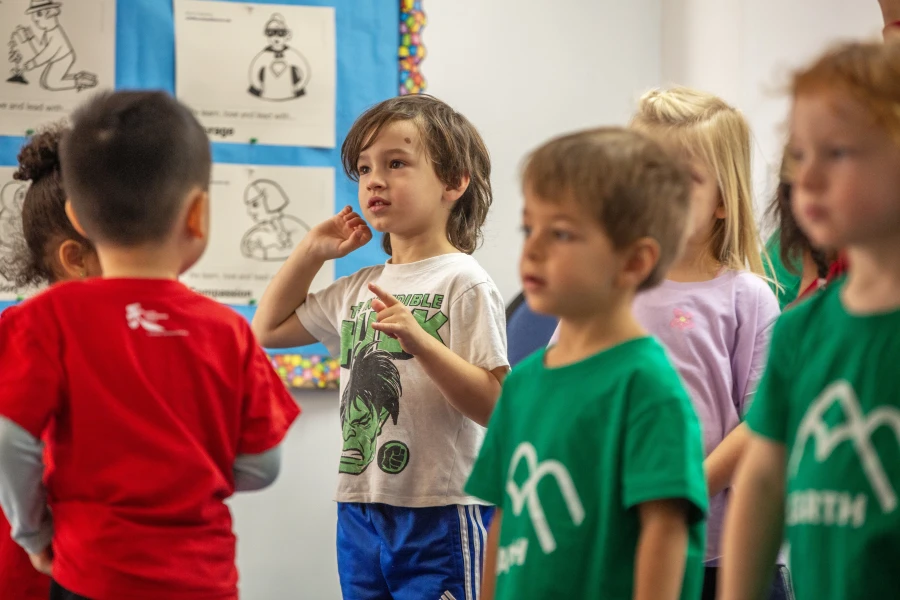
A warm welcome from our Principal
 Welcome to our beautiful Early Childhood Center!
Welcome to our beautiful Early Childhood Center!
Listen to the happy buzz of children learning and playing. Feel the warmth of well-trained and passionate teachers who are dedicated to teaching our friends in the Early Childhood Center (ECC). Our facility is perfectly designed to support the growth and development of young learners as they engage in high-quality, fun, and age-appropriate learning experiences.
We hope that you can be a part of our ECC family.
Warmly
Dani Beth Barsalou
ECC + Elementary Principal
Bringing the curriculum to life
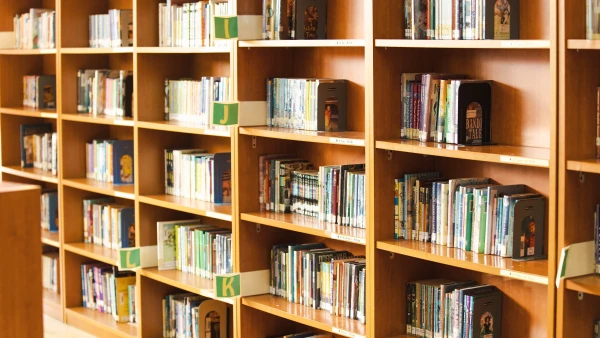
English immersion
By nurturing young learners in an English-speaking environment, we’re able to develop fundamental reading, writing, listening, and communicating skills in every student—even our littlest ones.
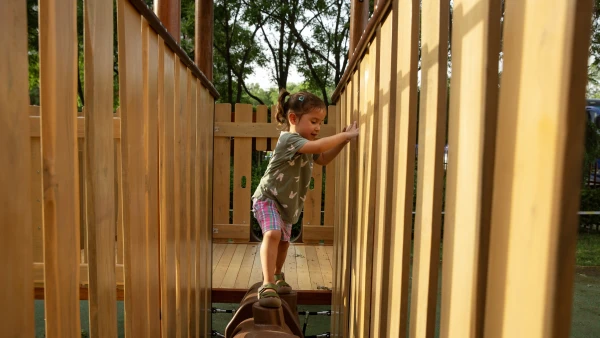
Learning through play
Play is a critical part of our program, and from dedicated inside spaces to the outdoor classroom, our children grow in a safe, stimulating and appropriate environment.
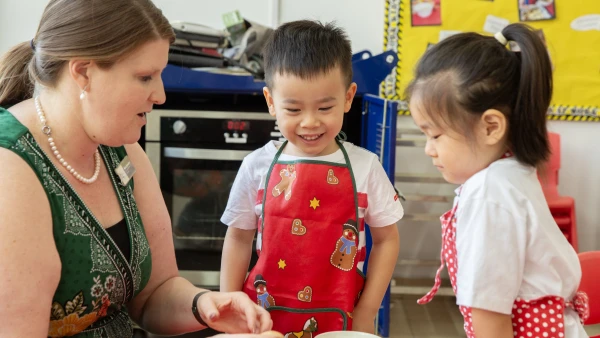
Always student-centered
We balance every student’s learning experience with both age-appropriate structure and self-directed activity. The goal is to help students gain and develop social and academic skills, while ensuring the quality of their education is intellectually stimulating and personally meaningful.

Character development
Purpose, humility, courage, compassion, persistence, discernment, service, curiosity and connection… These are the nine qualities we instill in all our students, from their early childhood years on.

Learning beyond lessons
Co-curricular activities offer students the motivation to learn, build confidence, develop their character, grow physically, and nurture their creativity. Students who are involved in co-curricular opportunities also become more invested—socially and academically—in their overall school experience.
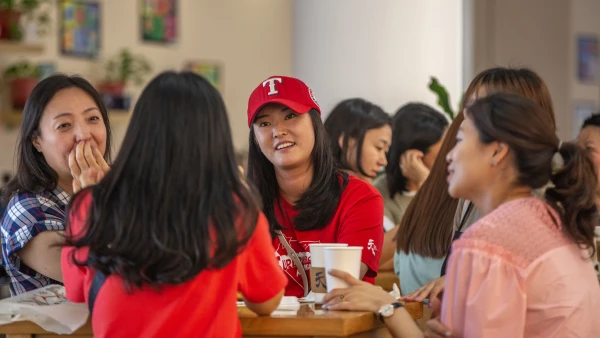
Partnering with parents
A strong partnership with parents ensures a better education for their children. Through multiple formal and informal parent events, and regular communication throughout the school year, we keep parents up-to-date on various aspects of education, vital for their child’s success.
Our Early Childhood teaching team

Jackilou Flores
ECC Teacher

Elena Otanva
ECC Teacher

Victoria Sim
ECC Teacher

Ying Liu
General Teaching Assistant

Michelle Wang
General Teaching Assistant

Erin Jin
Music Teacher

Melody Pan
General Teaching Assistant

Joy Cao
Elementary Art Teacher

Leandro Dos Santos
Athletic Director

Chrisilda Sarsalejo
PE Teacher

Christina Wu
ECC / Elementary Principal Assistant
Recognized for excellence

Tianjin International School is accredited by Cognia, the largest education improvement organization in the world—demonstrating our commitment to learners, teachers, leaders and communities.
Grow academically and beyond
Ready to receive the highest quality education in a warm, caring and encouraging community?